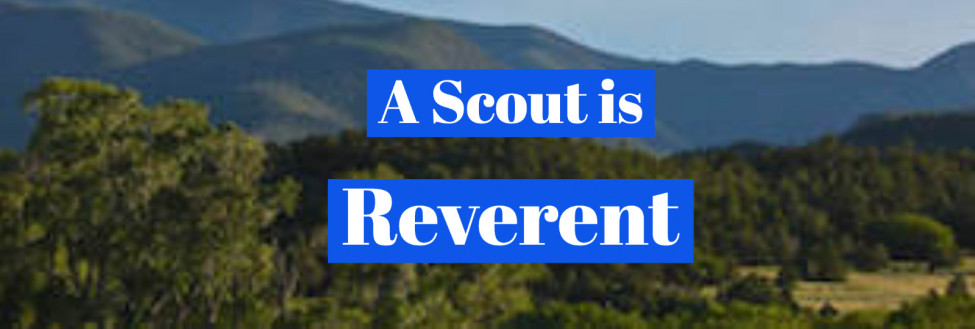
How These Members of the Scouting Community Recognize Passover
In our “A Scout is Reverent” series, Scouting Wire takes a look at how Scouting families across the country observe a variety of religious holidays of their own faith and support fellow unit members in theirs. Join us as Bruce Chudacoff, Chairman of the National Jewish Committee on Scouting shares a unique perspective on the importance of Passover!
For those who may not be familiar with Passover, can you please tell us a little about this holiday?
All Jewish holidays begin at sundown. Passover is an 8-day holiday which, this year, begins Wednesday, April 8. The date of the holiday is different each year because the Jewish calendar is a lunar one, not a solar one. All major Jewish and other religious holidays can be found on the BSA Calendar of Religious Observances.
Passover observes the Exodus from Egypt approximately 3,500 years ago. The story is that the patriarch Jacob’s son, Joseph, was sold into slavery by his brothers and ended up in Egypt, where he was falsely imprisoned. While there, he was able to interpret the dreams of two of the Pharaoh’s advisors. When no one could interpret the dreams of the Pharaoh, one of them remembered Joseph. He was brought before the Pharaoh and interpreted his dreams to mean that Egypt was about to have seven years of good harvests followed by seven years of famine. The Pharaoh appointed Joseph to help Egypt through the famine. He later brought his family there. Over a period of 420 years, Joseph’s following grew from the 70 people in his family to over 1 million people. The Egyptians enslaved these people and forced them to build cities.
Moses was born in Egypt and raised by the Pharaoh’s daughter in the court. When he became an adult, he saw an Egyptian beating an Israelite. Moses killed the Egyptian and was banished. At the age of 80, Moses encountered the presence of God in a bush that burned but was not consumed by the fire. God instructed him to take his brother Aaron and return to Egypt where he was to free the Israelites. Moses spoke to the Pharaoh and asked him to let the people go. When the Pharaoh refused, God brought 10 plagues upon the Egyptians, beginning with turning the waters of the Nile River to blood and ending with the killing of the first born children of Egypt.
The term Passover comes from the story about how the Angel of Death struck Egypt at midnight. The Israelites had been instructed to sacrifice lambs, eat them at a communal meal that night, then place blood from the lambs on their doorposts. The Angel of Death “passed over” the Jewish homes. Shortly thereafter, the Israelites left Egypt, crossed over the Sea of Reeds, and headed to the promised land of Israel, which they reached after 40 years in the wilderness.
The Torah, the Five Books of Moses, (Old Testament) contains the instruction that every Jew must relive the Exodus and tell the story of it to their children on Passover. This is done on the first two nights of the holiday at the seder, which means “order.”
This year, because of social distancing, many Jewish families cannot come together for the seder and are holding virtual seders over the Internet.
Do you know Scouts who have Scouting traditions connected to this holiday?
Since Passover is a family holiday, the seder is not often celebrated in units. However, some interfaith units have been known to have their own seder during or before the holiday to learn the story of Passover.
For Scout units that may have a member of Jewish faith, what are some considerations and ways to show support for their fellow Scouts who observe this holiday?
The proper greeting for Passover is Chag Sameah, which means, “have a good holiday.” Scouts who have Jewish friends can wish them a Chag Sameah. They can ask their Jewish friends to tell them the story of Passover and share a piece of matzoh with them.
Special thanks to Bruce Chudacoff, Chairman of the National Jewish Committee on Scouting for sharing this with Scouting Wire.



